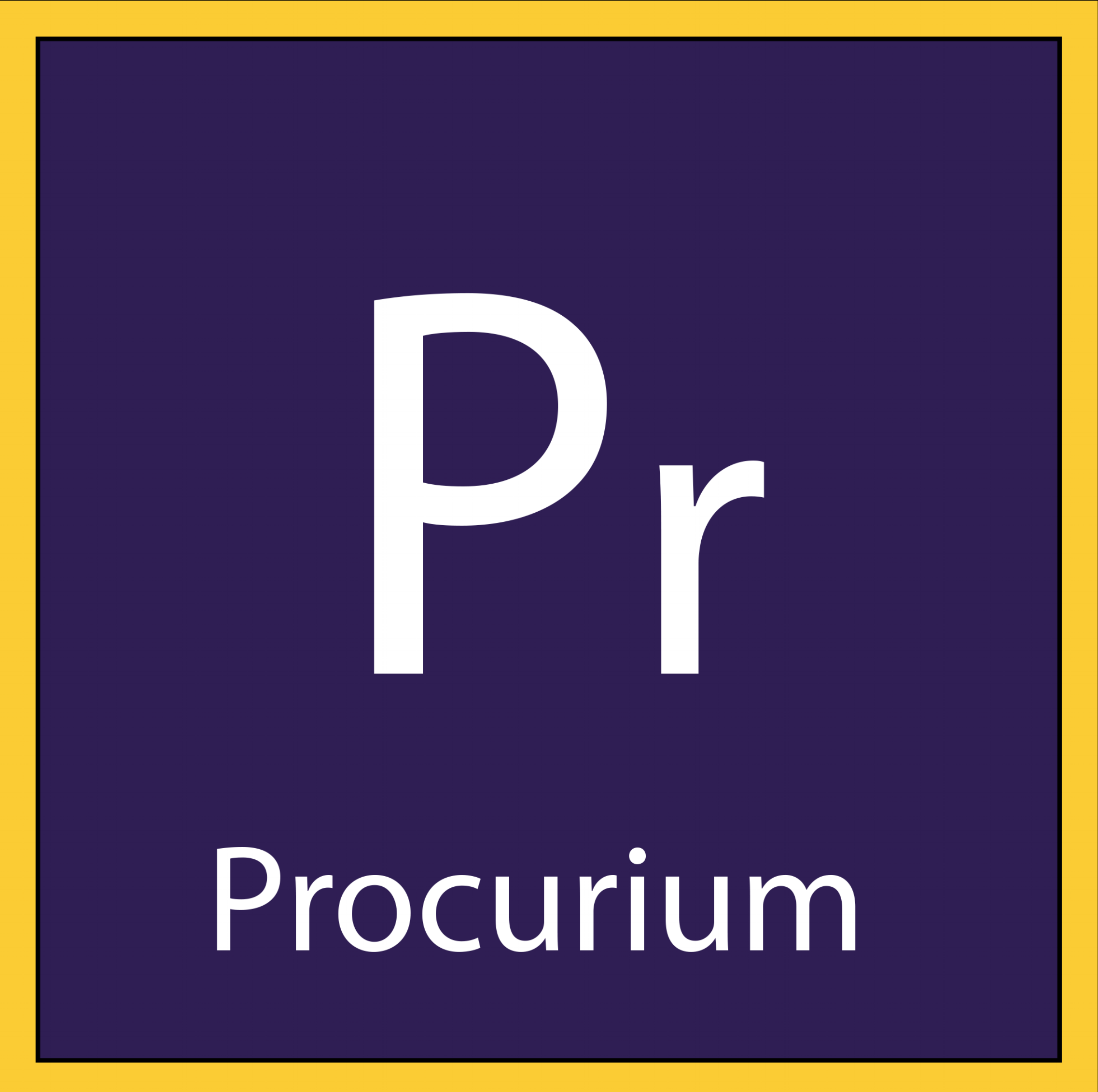Areas of Practice
Supply Chain
Procurium provides supply chain services for strategic, transformational initiatives as well as for tactical projects.
Contracts
Procurium's contracts practice focuses on four broad areas: process acceleration, best practices, negotiations and contract management systems / digital tools.
PROCUREMENT
Procurium can support your supply chain projects from scope definition to execution. Our core competencies include:
STRATEGIC SOURCING
We have successfully executed a large number of strategic sourcing events and category management projects in a wide variety of categories and commodities.
Through a rigorous, structured multi-step process, our deep experience, and a strong business acumen, we have achieved substantial cost reductions, unlocked previously unidentified potential, increased clients' purchasing power and market leverage, and created strong, mutually beneficial relationships that consistently deliver outstanding value in both the near and long term.
Whether your goal is to secure supply, reduce cost, improve service quality, develop a strategic relationship, or reduce transactional burden, we have a proven track record of exceeding clients' expectations and creating sustainable, repeatable and long-lasting value. In short, when our engagement ends, we leave clients in a better state than when we started, having generated value that, in the short term, exceeds the cost of our engagement, and in the long term continues to deliver outstanding contributions to the bottom line.
category management
While category management is now an integral part of most companies' supply chain organization, many struggle with the complexity of structuring categories in ways that are both meaningful to the company's operations and reflective of the supply market.
A categorization of commodities based entirely on internal usage leaves some suppliers, and some markets, divided across different categories and managed by different category managers. As a result, some potential to consolidate spend, create new synergies and increase leverage may be overlooked. Yet a categorization based principally on the supply market creates similar inefficiencies - the fault lines shift, but the outcome is largely similar: value leakage, often unidentified, and a gradual transfer of control over the relationship to the suppliers.
To optimize spend categorization, we evaluate category structures based on each client's needs, market position and capabilities. Where we identify gaps and opportunities, we support our findings with practical, actionable recommendations and demonstrate the missed value-added potential with relevant data and information - or, given the opportunity, by implementing our recommendations and creating added value.
STRATEGIC INITIATIVES
As supply chain organizations embark on a transformation initiative and dive deeper into the needed scope, additional layers of complexities are uncovered. To successfully and sustainably transform themselves, it is often necessary to increase the breadth and scope of the initiative beyond the capacity or availability of internal resources.
For a strategic initiative to be successful in the long term, it needs to achieve more than the completion of milestones. It must be:
- Sustainable by the organization's resources and capabilities.
- Culturally integrated to ensure that change is deep-rooted and resilient, by dovetailing it with the company's current culture or by coupling it with a structured cultural transformation.
- Repeatable and self-sustaining, so that changes in personnel or in the business environment don't lead to obsolescence or abandonment.
Procurium provides the expertise, experience and perspective necessary to lead or support your transformation initiative and ensure the integration of success factors necessary for a sustainable, lasting and repeatable outcome.
Best Practices
From strategic sourcing to governance, transactional procurement, inventory management, P-Card programs or supplier relationship management, we have the experience and knowledge necessary to provide a wide range of Supply Chain Management best practices.
Process Improvement
Focusing on a particular end-to-end process or workflow, we identify inefficiencies, friction and duplication, develop recommendations for removing non-value adding steps, streamlining flows, creating frictionless interface points and eliminating unnecessary duplications of effort.
Lean Practices
A subset of process improvement, the emphasis is on reducing resources usage to the lowest achievable level by improving efficiency, productivity and quality of output and reducing waste, defects, inventory levels, process times, backlogs and down times.
CONTRACT PROCESS ACCELERATION
As companies strive to be agile and seize opportunities in real time, transactions with new clients and vendors invariably hit a roadblock: the need to have a contract in place before they can do business. And just as invariably the contract negotiating process lags far behind business needs and creates a bottleneck.
To reduce the lag time between opportunities/needs and the required contract execution, companies must find ways to accelerate the draft-to-execution process.
Procurium has developed Contract Process Acceleration, a service specifically designed to address this business need. CPA supports and supplements your Procurement/Sales contract negotiators and your Legal Department to shorten the draft-to-execution contracting process.
To learn more about Contract Process Acceleration, visit the CPA page.
CONTRACT BEST PRACTICES
Procurium's Contract Best Practices provide your contract negotiators with the tools to:
Reduce and mitigate risk exposure
Create long-term value beyond a simple focus on price
Identify and balance conflicting internal demands and multiple stakeholders' needs
Identify negotiations items that are "must-have", those that can be conceded, and the trade-offs between them
Create value-adding, strong relationships that best meet the company's interests - not quick wins that degrade the relationship and deplete value over time
Reach agreement with counterparties that optimize your company's overall best interests
Best Practices in Contract drafting
Working with your contracts team, your legal counsel and other stakeholders, we achieve these goals through a comprehensive approach, including:
Structuring your contract language in clear, logical and comprehensive templates that are mutually consistent
Drafting and tailoring different templates to meet each of your main contracting purposes
Cleansing them of inconsistencies and ambiguities
Identifying and addressing any gaps in contractual language
Where appropriate, developing multi-tier, pre-approved fallback language to provide guidance to your staff in the negotiation process
We understand that each client has its own corporate culture, including a contracting culture, which reflects its history, values and goals, and that no one contracting philosophy is the right one for all clients. Throughout this process, we respect this culture and tailor our best practices around it, thus ensuring deep-rooted adoption and sustainable change.
BEST PRACTICES in CONTRACT NEGOTIATIONS
To further create sustainable, repeatable and lasting value, we also provide training and coaching for your staff in negotiation skills and contracting excellence.
CONTRACT NEGOTIATIONS
When business criticality is high, the potential for cost savings is significant, or the complexity of the negotiations strains your internal resources, Procurium provides expert negotiation services to maximize the potential for a favorable agreement.
CONTRACT MANAGEMENT SYSTEMS / DIGITAL TOOLS
Whether deploying a contract management system or other legal technology tool for the first time or migrating from a legacy system, we can help map out your company's needs, define current state and desired future state, plan and support deployment, and facilitate implementation.
We have extensive experience working with legal counsels to meet their technology needs within a cross-functional framework that incorporates their internal clients' needs, including commercial, supply chain, R&D and others.

